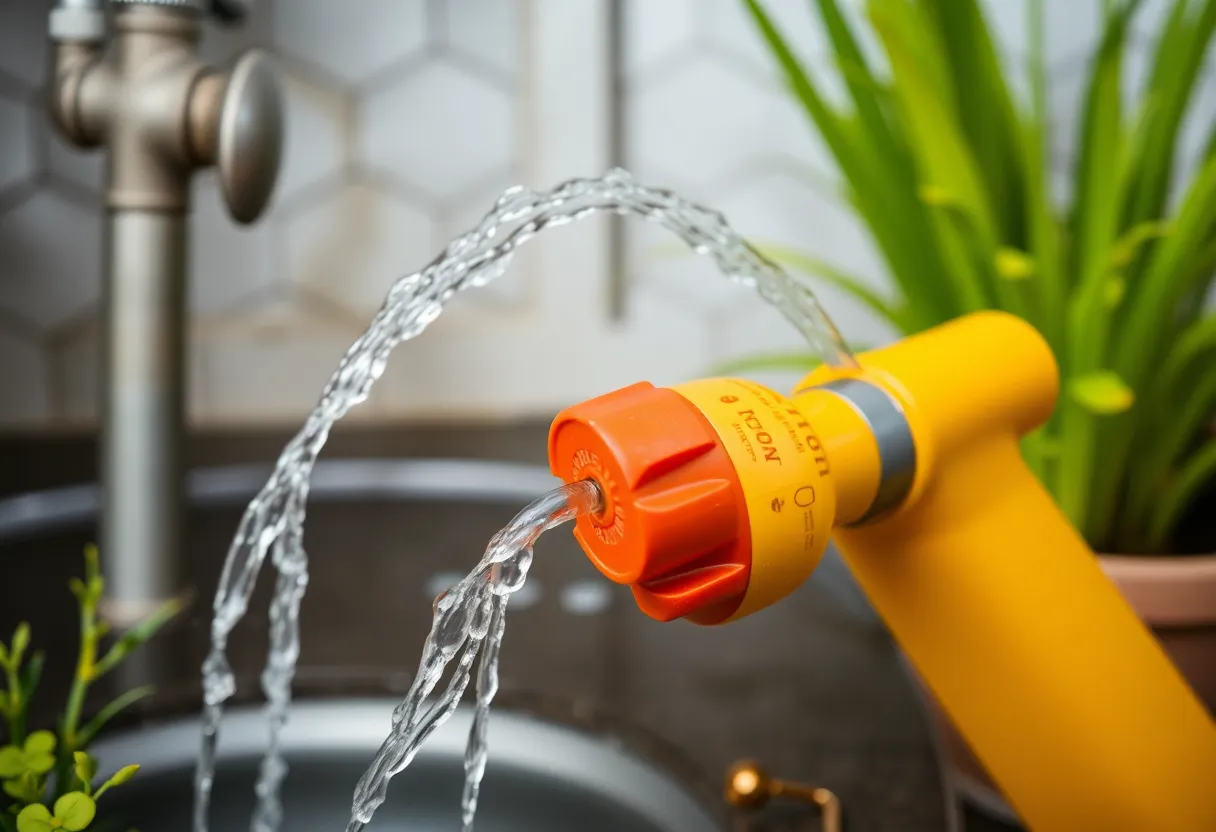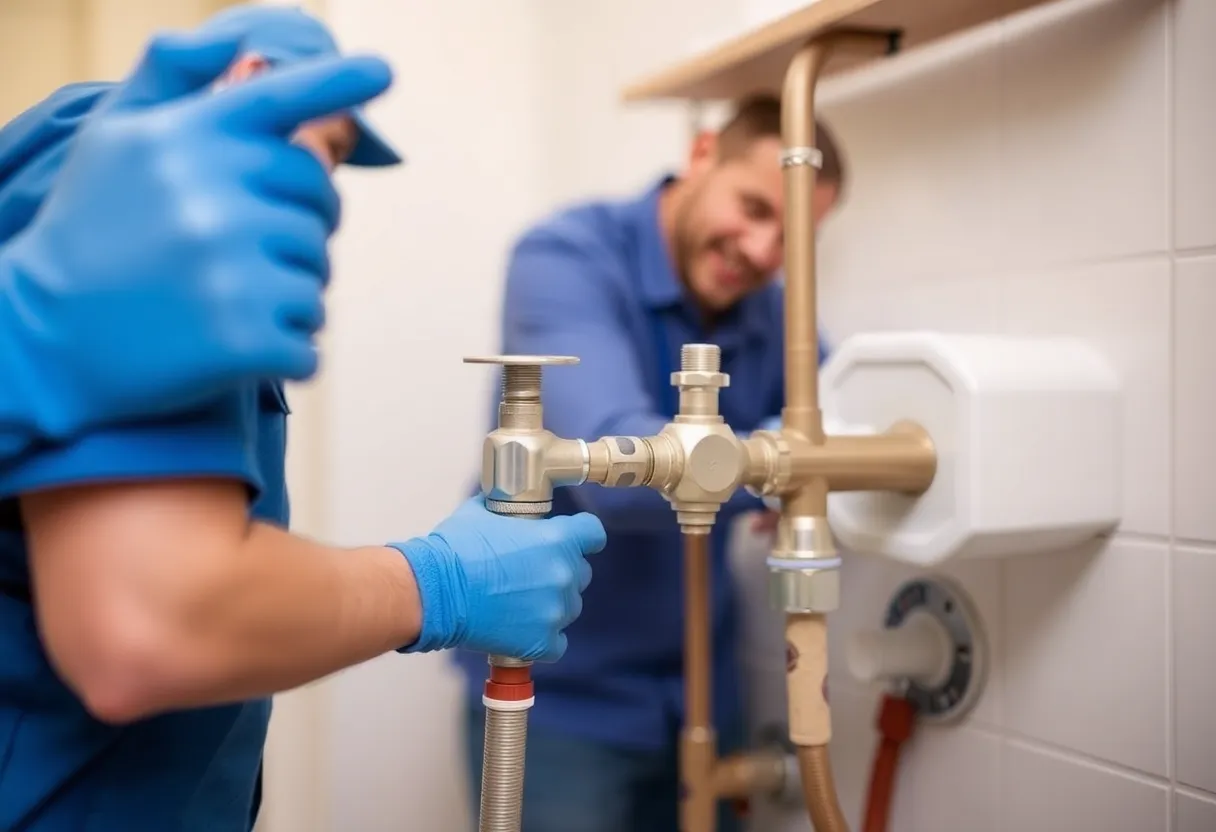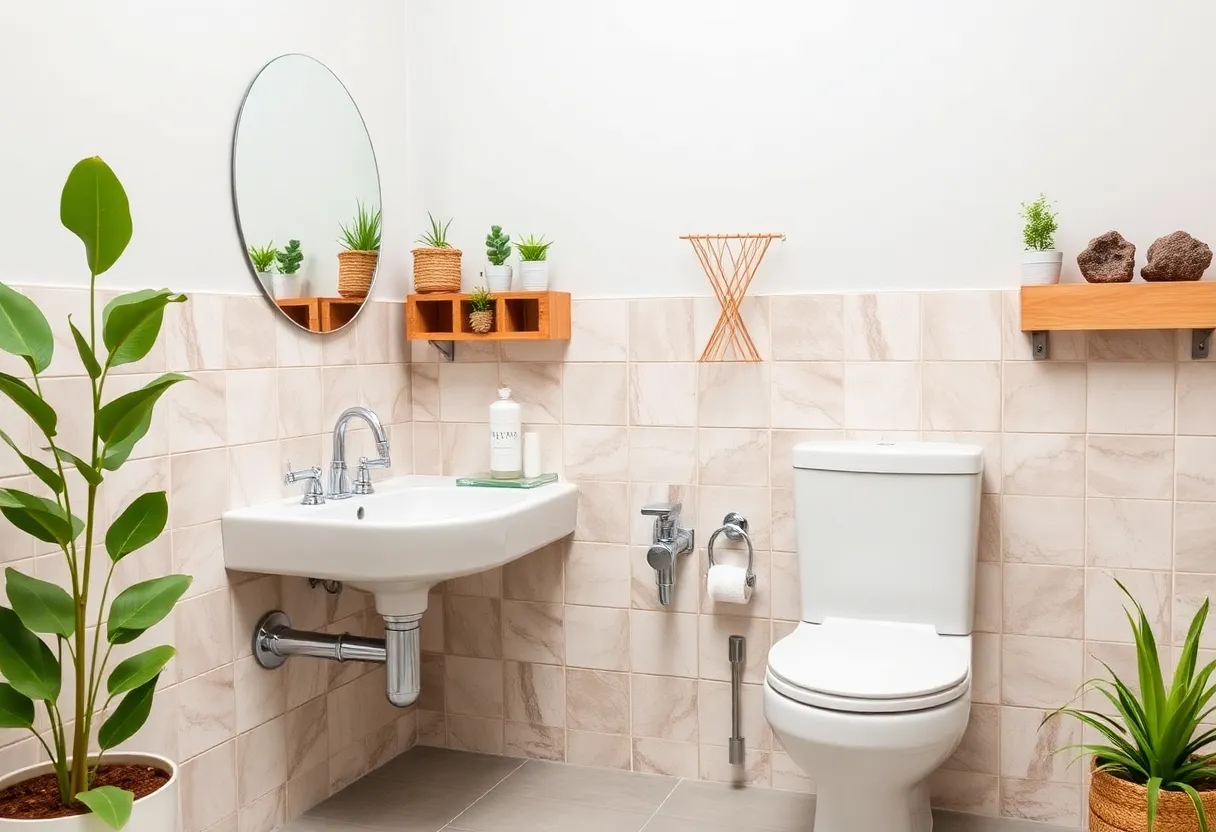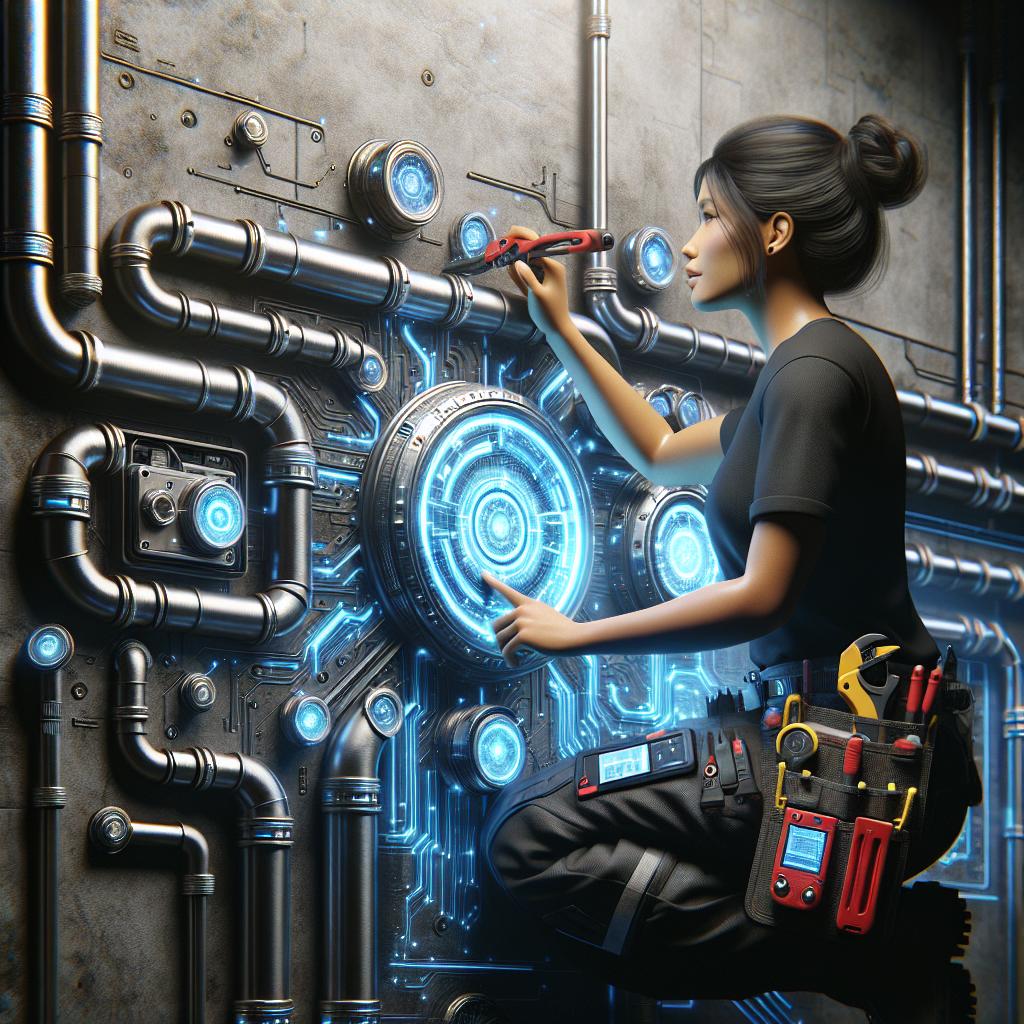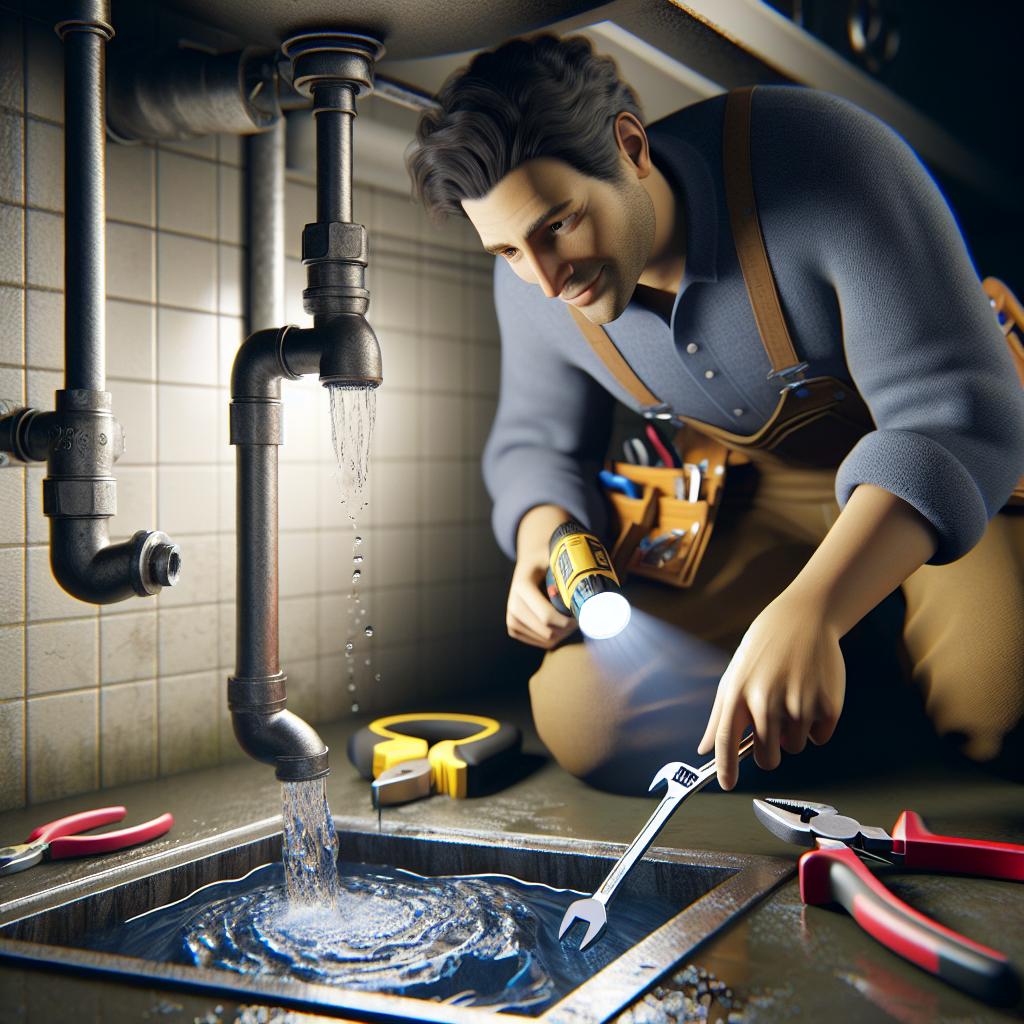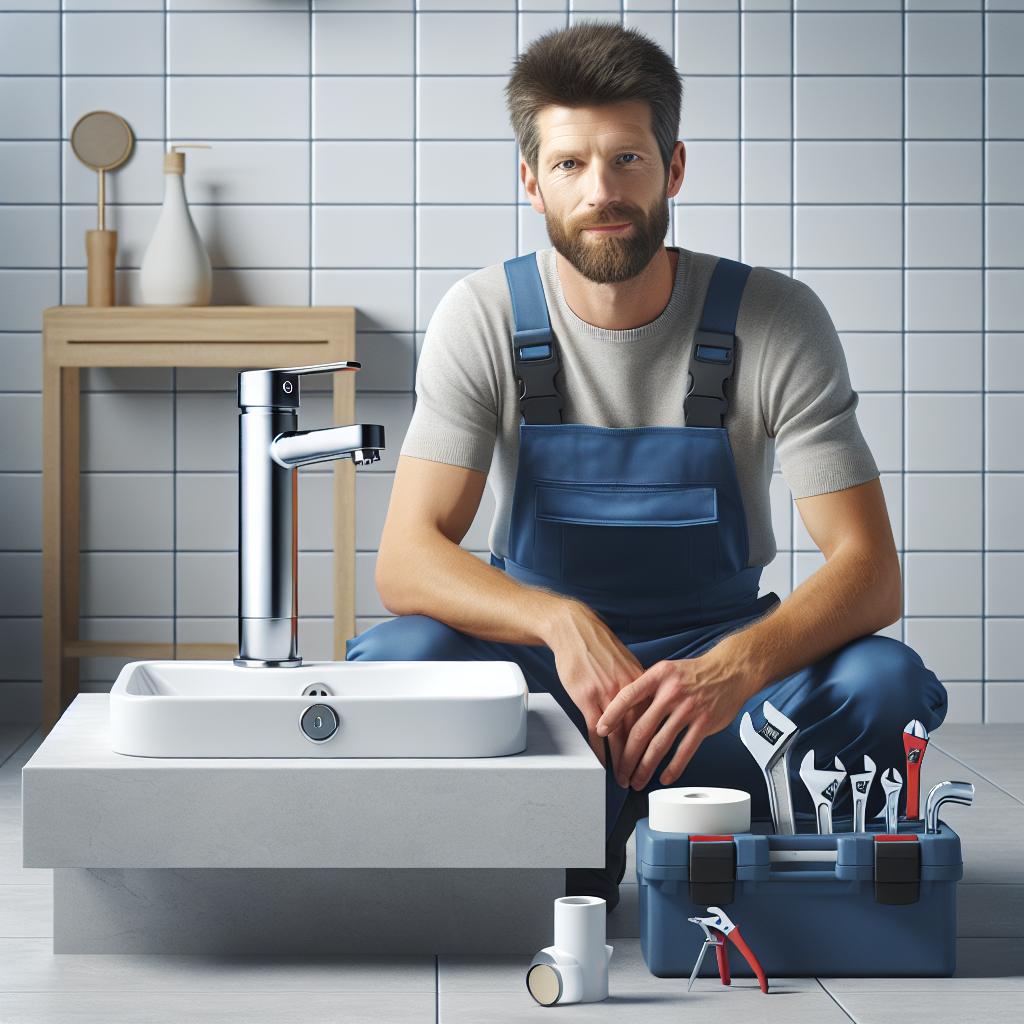The Water Efficiency Playbook: 10 Innovative Plumbing Solutions Every Homeowner Should Consider
Water efficiency is no longer just a trend; it’s a necessity. As global water scarcity becomes more pressing, homeowners must adapt and adopt innovative plumbing solutions to conserve water in their households. Whether it’s reducing your monthly utility bills or contributing to environmental sustainability, every drop counts. This article provides an in-depth look at ten innovative plumbing solutions that every homeowner should consider to enhance water efficiency.
1. Low-Flow Toilets
Traditional toilets use an exorbitant amount of water per flush, typically around 3.5 to 7 gallons. Low-flow toilets, on the other hand, use only 1.6 gallons or less per flush. This not only preserves water but can also significantly lower your water bill.
Benefits of Low-Flow Toilets
- Cost-Effective: Many municipalities offer rebates for installing water-efficient fixtures, making low-flow toilets a financially wise choice.
- Performance: Modern low-flow toilets are designed to function effectively without wasting water, ensuring a clean flush every time.
Installation Tips
When installing a low-flow toilet, ensure you follow the manufacturer’s guidelines to avoid issues such as leaks or inadequate flushing. Consider consulting with a professional plumber for optimal installation.
2. Water-Saving Showerheads
Showering accounts for nearly 20% of indoor water use in an average home. Switching to a water-saving showerhead can reduce flow rates to as low as 1.5 gallons per minute while maintaining pressure.
Advantages of Water-Saving Showerheads
- Comfort: Despite being low-flow, these showerheads provide adequate pressure and comfort during showers.
- Easy Installation: Most water-saving showerheads can be installed without professional assistance.
Choosing the Right Showerhead
When selecting a showerhead, look for the WaterSense label, indicating the product meets EPA water conservation criteria.
3. Faucet Aerators
Simple yet effective, faucet aerators screw onto your faucets and can reduce water flow without compromising water pressure. By mixing air with water, these devices can lower flow rates significantly, often achieving savings of 50% or more.
Types of Faucet Aerators
- Male Aerators: Fit into the faucet threads.
- Female Aerators: Fit over the faucet threads.
Maintenance Recommendations
Regularly check and clean aerators to prevent mineral buildup that can restrict flow over time. A simple soak in vinegar can help dissolve any deposits.
4. Greywater Systems
For the more adventurous homeowner, installing a greywater system can significantly enhance your home’s water efficiency. These systems recycle water from baths, sinks, and washing machines for reuse in irrigation or toilet flushing.
Benefits of Greywater Systems
- Circular Economy: Using greywater contributes to a sustainable water cycle.
- Cost-Saving: Reduces your reliance on municipal water, translating to savings on utility costs.
Installation Guidelines
Greywater systems can vary in complexity. Consult local regulations and consider professional installation to ensure compliance and safety.
5. Smart Irrigation Systems
As homeowners become more tech-savvy, smart irrigation systems have emerged as a trendy and practical solution for outdoor water conservation. These systems adjust watering schedules based on weather conditions, soil moisture, and plant needs.
Advantages of Smart Irrigation
- Water Efficiency: Reduces water waste by ensuring that plants are only watered when necessary.
- Remote Management: Many smart irrigation systems can be controlled via smartphone apps for maximum convenience.
Choosing a Smart System
Look for systems compatible with your current setup and ensure they have features that fit your gardening needs.
6. Drip Irrigation
An excellent alternative to traditional sprinkler systems is drip irrigation. This method delivers water directly to the roots of plants through a network of tubes, significantly reducing water waste.
Benefits of Drip Irrigation
- Precise Watering: Reduces evaporation and run-off, maximizing water usage.
- Versatility: Easily adjustable to fit various garden designs and landscapes.
Installation Advice
Consider installing a timer to automate your drip irrigation system, allowing for consistent and controlled watering.
7. Hot Water Recirculation Systems
One often overlooked area of water waste is when waiting for hot water to reach your faucet. A hot water recirculation system ensures that hot water is instantly available, reducing both unnecessary water waste and wait times.
How Hot Water Recirculation Works
This system involves a loop of hot water pipes that circulate hot water from the heater to the fixtures. When a hot tap is opened, hot water is available immediately.
Benefits
- Water Conservation: Eliminates the need to run water while waiting for it to heat up.
- Increased Comfort: Provides instant access to hot water for various household needs.
8. Tankless Water Heaters
Tankless water heaters provide hot water on demand, heating water only when it is needed. This efficiency can lead to both water and energy savings over the lifetime of the unit.
Advantages of Tankless Water Heaters
- Space-Saving: These units are compact, freeing up valuable space in your home.
- Longer Lifespan: Typically last longer than traditional units, thus offering a better investment in the long run.
Installation Considerations
Ensure that your electrical or gas supply can support the increased demand for instant heating. Professional installation is advisable to maximize efficiency.
9. Rainwater Harvesting Systems
Rainwater harvesting is an innovative solution that captures and stores rainwater for later use, such as irrigation and non-potable purposes. This simple yet effective system can greatly enhance water efficiency at home.
Benefits of Rainwater Harvesting
- Environmental Impact: Reduces the demand on local water sources and decreases the risk of flooding.
- Cost-Effective: Lowers your water utility costs by providing an alternative water source for landscaping.
Implementation Steps
Install gutters and downspouts to direct rainwater into an underground storage tank. Ensure the tank is covered to prevent mosquito breeding and contamination.
10. Leak Detection Systems
Even the smallest plumbing leaks can waste large amounts of water over time. Leak detection systems alert homeowners to moisture levels and potential leaks before they turn into larger issues.
Benefits of Leak Detection Systems
- Preventative Maintenance: Early detection can save on costly repairs and water waste.
- Insurance: Some systems are integrated with home insurance plans for added protection.
Types of Leak Detection Systems
From simple moisture sensors to sophisticated systems that alert your phone, there are many options available to suit your needs and budget.
Conclusion
Enhancing water efficiency in your home doesn’t have to be overwhelming. By considering and implementing these innovative plumbing solutions, homeowners can take actionable steps to conserve water, save on utility bills, and contribute positively to the environment. Start your journey toward greater water efficiency today—your wallet and our planet will thank you.






